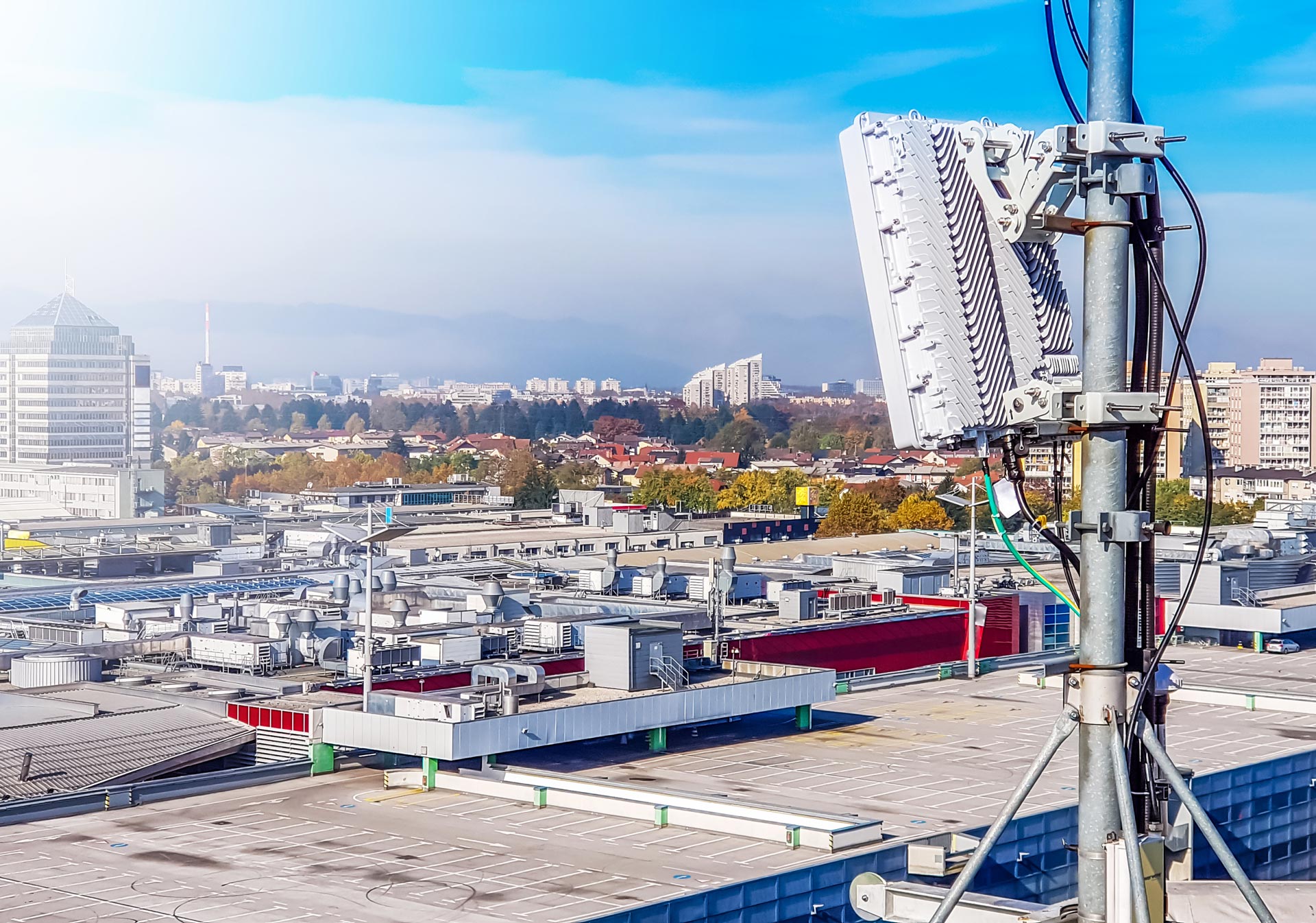Since the middle of 2018, there have been numerous announcements about the advent of 5G, with many even calling 2019 the year of 5G.
In the UK, Vodafone demonstrated a hologram call featuring England Women footballer Steph Houghton.
Keeping with the football theme, BT/EE and Huawei conducted a live 5 trial at Wembley Stadium. However, these demonstrations were in controlled conditions and not real-life deployments.
Despite the positive rhetoric and announcements of 5G-ready mobile base-stations, consumers and businesses should not expect to benefit from 5G any time soon. Is 2019 the year of 5G? Unfortunately not, and here’s why.
5G base stations
In the UK, Vodafone has recently announced that it is rolling out 5G at Manchester Airport and has said 5G will be available from H2 2019.
BT/EE has similarly stated that 5G will be available is sections of London, Cardiff, Edinburgh, Belfast, Birmingham and Manchester by the end of 2019.
How well do you really know your competitors?
Access the most comprehensive Company Profiles on the market, powered by GlobalData. Save hours of research. Gain competitive edge.

Thank you!
Your download email will arrive shortly
Not ready to buy yet? Download a free sample
We are confident about the unique quality of our Company Profiles. However, we want you to make the most beneficial decision for your business, so we offer a free sample that you can download by submitting the below form
By GlobalDataThese announcements are to be welcomed, but they do not in and of themselves mean that people in the UK will be benefitting from gigabit mobile data speeds.
When is 5G not 5G?
The technological necessities and mobile spectrum requirements are one of the factors holding back 5G in 2019. When announcements are made by mobile providers that they are deploying 5G-ready base stations, they are not necessarily turning on the base stations’ 5G capabilities straight away.
Furthermore, the initial 5G service is not really 5G. There have already been criticisms in the USA of the use by certain mobile operators of the term ‘5GE’ – or 5G Evolution.
The reason for the criticism is that the service is being delivered over a 4G carrier. The service delivers a better service than standard 4G, but it is not yet full 5G.
Am I bothered?
Why should consumers be concerned about technical technicalities? If ‘5GE’ is faster than 4G, then does it matter that it is not full 5G?
The answer to this question is in part an explanation to why consumers will not see true 5G in 2019.
The technologies involved in delivering 5G and the spectrum required are not yet fully ready and will take time to deploy. 5GE/4G+ is a hybrid designed to improve the consumer experience and make base stations more efficient whilst true 5G is prepared for.
Have a slice of network
When true 5G launches it will support a technique called ‘network slicing’. This provides for sections of spectrum to be logically separated (or ‘sliced’) from each other, and then these slices can be used to support specific services.
These services could include voice or video calls, IPTV, or enhanced data connectivity services for gamers.
These services will provide the real paradigm shift of 5G and allow it become a realistic alternative to fixed-access services such as fibre broadband.
5G smartphones
The final factor holding back 5G in 2019 is lack of 5G enabled handsets. Announcements have now been made from major vendors such as Samsung and Huawei, but many of these will not be available until the latter part of 2019.
Even those that will be available sooner will be at a price point that prevents them achieving wide-spread adoption.
Meanwhile, 4G phones will not be forward compatible with 5G, but will be able to enjoy many of the mobile data speed benefits of the work being done to enable 5G.
5G is coming, but 2019 will not be its breakthrough year.








